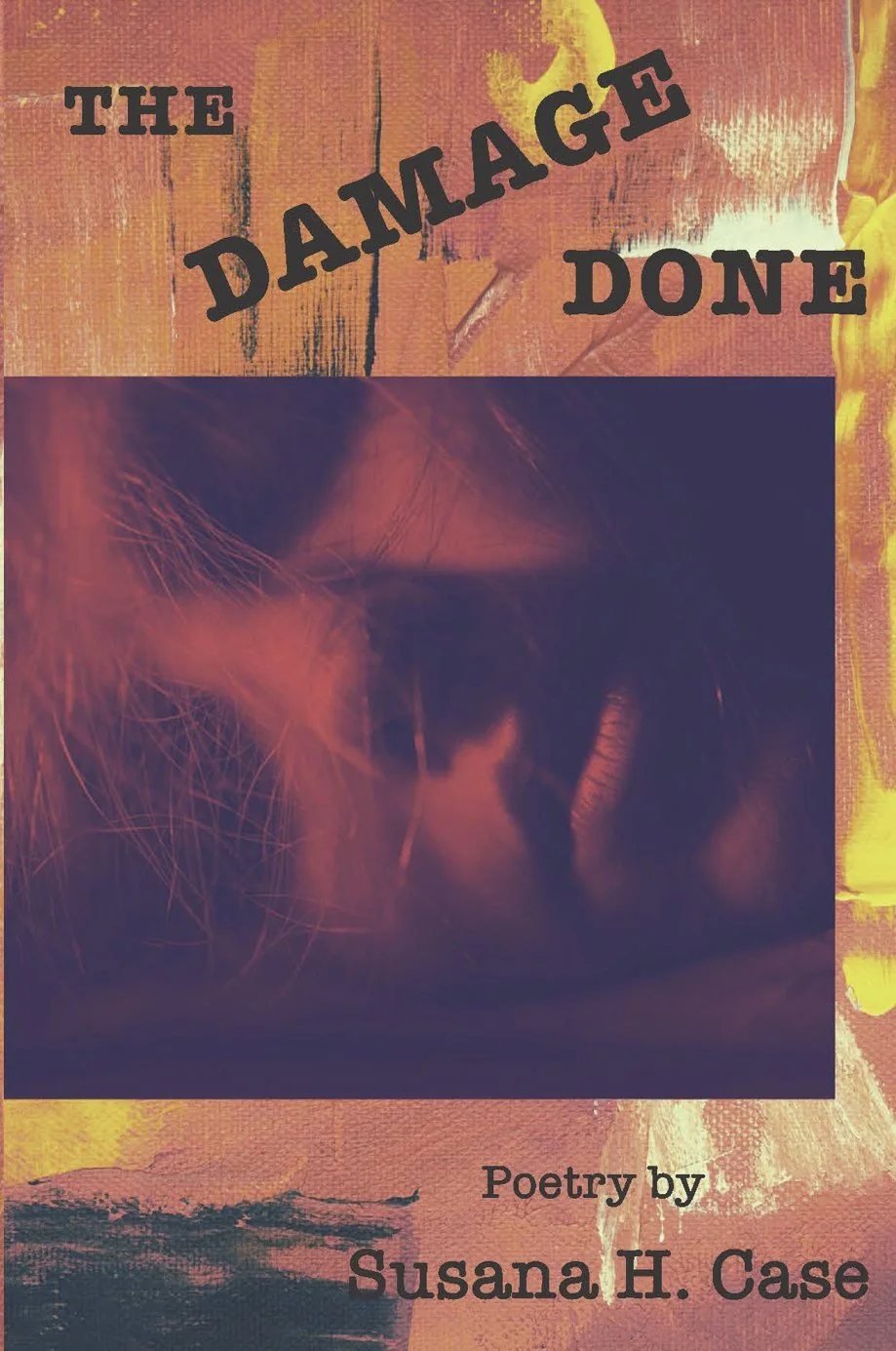Source: GBF
Paperback, 122 pgs.
I am an Amazon Affiliate
Forces by Lisa Stice explores the push-and-pull of different forces, desires, and outside drivers can have on our individual lives. From the operational forces of our daily obligations to the gravitational forces of imagination and the magnetic pull of the muse. In the opening poem, “Ritual Hunts,” Stice explores the empty vessel and out need to fill it with something, anything. Do we fill it with junk mail? Does that satisfy us? Or should we fill it with potpourri or fake apples or keys? The poems asks us to examine what we fill our lives with and to be vigilant about what we do fill out lives with. We need to remember that how we fill our lives will go a long way in satisfying our desires and needs and ultimately lead to unrest or contentment.
Ritual Hunts (pg. 3) Here we have a vessel, hollowed out and empty and we squirm in the need to fill it with wooden apples, potpourri or junk mail we will throw away months from now. Ritual shines above our design as we crowd our heads with words, turn pages in a right to left manner, read in a left to right manner, enrich our lives away and still wait for an established secret somewhere between lines. How we always place the car keys here, hang the dog's leash near the door, turn the lights out at bedtime.
Stice’s poems reflect on the ordinary and create an atmosphere where the calming nature of that life is the centering we need when forces are threatening to derail us. Think of the deliberateness of using the rotary phone – the need to rotate each number one at a time and wait before moving to the next. It becomes a meditation on how to center yourself, remain calm in a storm, and be deliberate in your actions.
In “Lying to Our Daughter,” the narrator has to pack up her home for evacuation from a storm. “Our daughter asks where we are going,/We say we’re going to visit Uncle/Paddy because we want to make this/evacuation feel like a vacation. It’s like/how we never want her to be afraid/even though we know a hurricane/is really just a little storm among many.//” (pg. 48)
These moments of isolated concentration become the mantra for the narrator as she struggles with the chaos of motherhood, military life, and more. Forces by Lisa Stice is an amazing collection that will provide you with a different perspective on the chaos of our lives, particularly when the unexpected keeps you on your toes.
RATING: Cinquain
About the Poet:
Lisa Stice is a poet/mother/military spouse, the author of three full-length poetry collections, Forces (Middle West Press, 2021), (Permanent Change of Station (Middle West Press, 2018) and Uniform (Aldrich Press, 2016), and a chapbook, Desert (Prolific Press, 2018). She is a Pushcart Prize nominee who volunteers as a mentor with the Veterans Writing Project , as Poetry Editor for The Military Spouse Book Review, as Poetry Editor for Inklette Magazine, and as a writer for the Military Spouse Fine Artists Network (Milspo-FAN). She received a BA in English literature from Mesa State College (now Colorado Mesa University) and an MFA in creative writing and literary arts from the University of Alaska Anchorage. While it is difficult to say where home is, she currently lives in North Carolina with her husband, daughter and dog.








 About the Poet:
About the Poet:

 About the Poet:
About the Poet:




